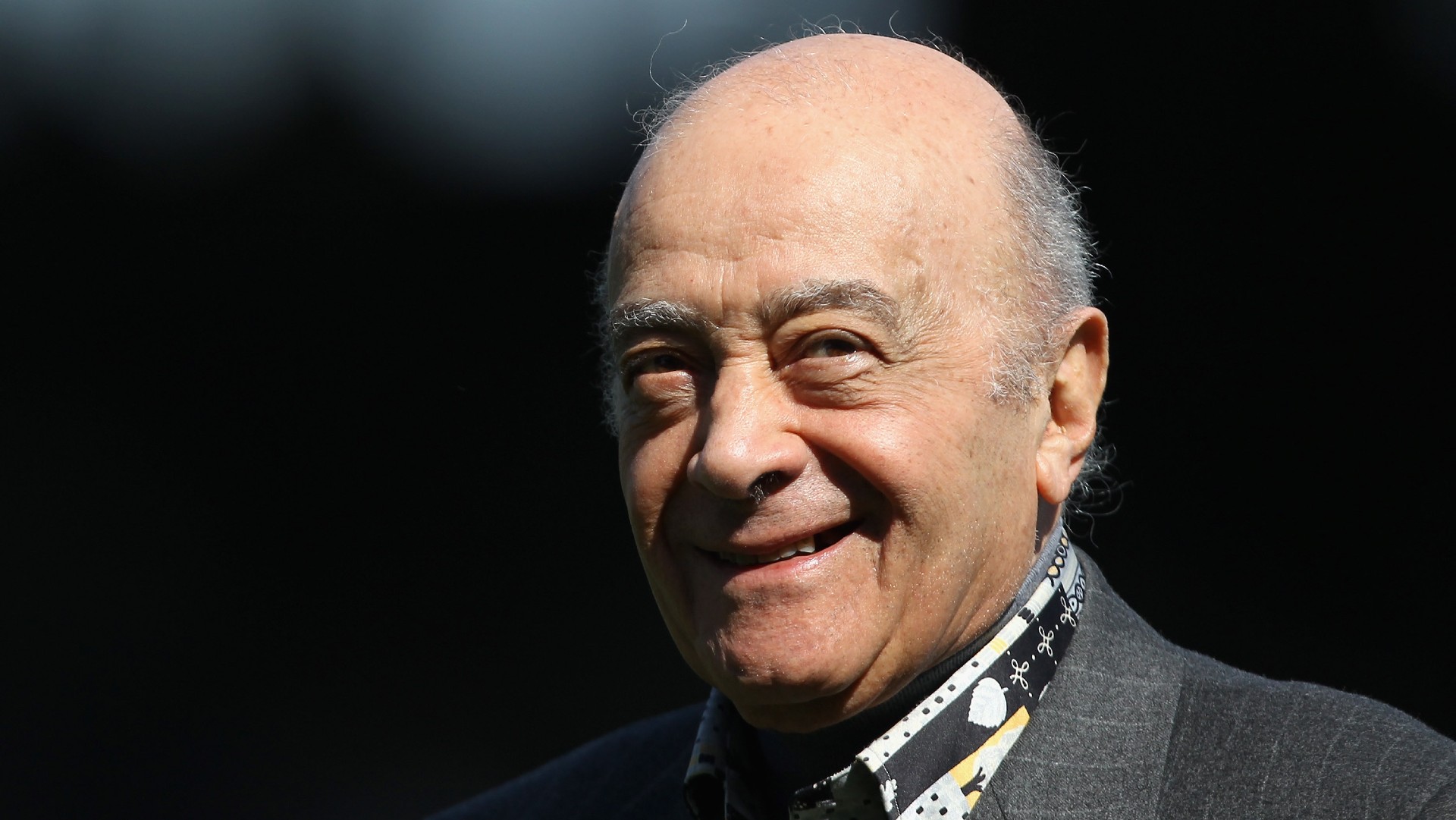Néstor Kirchner, 1950–2010
The politician who righted Argentina’s economy
A free daily email with the biggest news stories of the day – and the best features from TheWeek.com
You are now subscribed
Your newsletter sign-up was successful
When Néstor Kirchner was elected president of Argentina in 2003, he was a little-known provincial governor assuming a job that few prominent politicians even wanted. Argentina had defaulted on $95 billion in debt—the largest default in history—just two years earlier. The country had gone through five presidents in 17 months. Its currency, the peso, was in free fall and middle-class Argentines were rioting over the government’s freeze on bank withdrawals. Yet by the time Kirchner left office in 2007, he had stabilized the country’s finances and seen his wife, Cristina Fernández de Kirchner, succeed him as president.
For most of his life, Kirchner would have struck few people as a man of sufficient charisma to hold sway over his country even in death, said The Washington Post. Born in southern Santa Cruz province to parents of Swiss and Croatian descent, Kirchner was mocked early in his career for his lazy left eye and ungainly gait, which earned him the nickname “the Penguin.” But as president, Kirchner deftly mixed his Peronist party’s populist appeals with his own leftist politics. His greatest test came after he refused the International Monetary Fund’s assistance with the debt crisis. Instead he negotiated directly with the banks that held Argentina’s bonds, forcing them to settle for 33 cents on the dollar. Argentina now has one of South America’s fastest-growing economies.
Kirchner’s decision to open investigations into Argentina’s “dirty war” of the 1970s, during which the country’s military rulers kidnapped or killed up to 30,000 of their own citizens, endeared him to many, said the London Guardian. Even “ardent opponents,” who criticized Kirchner and Fernández for their high-handed governing style, mourned his passing. “Being against Kirchner,” wrote conservative political commentator Jorge Asís after his death, “was infinitely better than being without Kirchner.”
The Week
Escape your echo chamber. Get the facts behind the news, plus analysis from multiple perspectives.

Sign up for The Week's Free Newsletters
From our morning news briefing to a weekly Good News Newsletter, get the best of The Week delivered directly to your inbox.
From our morning news briefing to a weekly Good News Newsletter, get the best of The Week delivered directly to your inbox.
Kirchner’s sudden death last week at 60 throws Argentina’s politics into turmoil, said The Economist. His death was not a complete surprise—he had twice been treated earlier this year for heart trouble—but it leaves his wife “bereft not just of her lifelong partner but of her chief political advisor.”
Kirchner and Fernández had a political partnership reminiscent of Juan and Eva Perón’s. Kirchner was expected to run again for president next year, succeeding his wife. With Argentina’s economy booming, many analysts predicted he would win.
A free daily email with the biggest news stories of the day – and the best features from TheWeek.com
-
 Switzerland could vote to cap its population
Switzerland could vote to cap its populationUnder the Radar Swiss People’s Party proposes referendum on radical anti-immigration measure to limit residents to 10 million
-
 Political cartoons for February 15
Political cartoons for February 15Cartoons Sunday's political cartoons include political ventriloquism, Europe in the middle, and more
-
 The broken water companies failing England and Wales
The broken water companies failing England and WalesExplainer With rising bills, deteriorating river health and a lack of investment, regulators face an uphill battle to stabilise the industry
